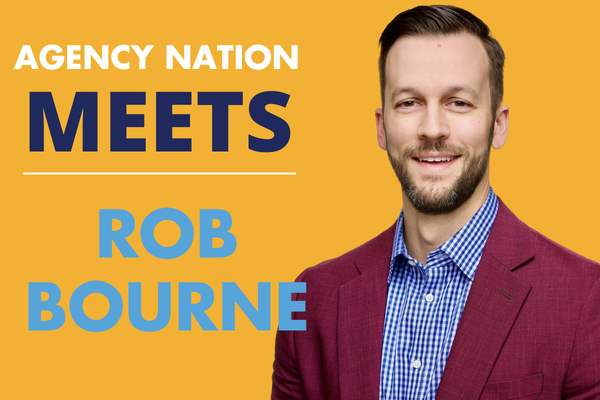Tech Can Bridge the Insurance Workforce Gap

By: John Tiene
According to the Bureau of Labor Statistics, the insurance industry will have an estimated 400,000 job openings by the year 2020. And nearly 50% of the industry’s workforce is older than 45, with only 27% under age 35 in line to replace them.
Those statistics will play out in smaller agencies traditionally staffed by producers, customer service representatives, account executives and managers. In the next 10 years, many of these employees will retire, and agencies will be fighting to fill positions left empty by the oversized baby boomer bubble.
The bottom line: Fewer producers and personnel will result in less revenue and diminished customer service—which could drive existing clients away.
The solution to this looming crisis: Millennials, who make up 25% of the U.S. workforce today and will comprise 50% of the global workforce by 2020, according to BLS. The Pew Research Center reports that millennials value job enjoyment above compensation, followed by job security and flexibility. They volunteer and align with social causes. They are the most connected generation in history, spending an average of 14.5 hours a week on their smartphones, according to Experian Marketing Services.
Misunderstood as job-hoppers, millennials want to understand their career path, even though it may take a decade or more to achieve their goals. They also want to be engaged and understand how their work impacts clients, their employers and the world in general. The traditionally stable insurance industry is suited for millennials who crave job security, and the opportunities it provides for working directly with clients to mitigate business and personal risk appeals to their desire to help others.
Unfortunately, the insurance industry is fighting an image problem: The stereotype pencil-pushing, gray-suited, 9-to-5 insurance salesman is not attractive to millennials. Eight of 10 have limited knowledge and understanding of the employment opportunities available in insurance, according to The Institutes.
Technology can help bridge the gap. The insurance industry is finally catching up to the rest of the business world in this realm: Successful agents are using cloud-based computing and portals to interact with clients more efficiently. Big data analytics enable agents to mine for new business and cross-sell products to deepen customer relationships.
Armed with a new arsenal of technology tools, tech-savvy agencies will not only increase customer loyalty, but also recruit and retain millennial employees for insurance jobs and careers. New high-tech job functions created by big data analytics are attracting candidates with backgrounds in science, technology, engineering and mathematics.
Agencies are using mobility, social media like LinkedIn, and job boards like Indeed, Monster and CareerBuilder to find “passive” talent—candidates who aren’t actively looking for a job because they already have one. According to Vertafore, millennials are more than twice as likely as other generations to be recruited via LinkedIn or other social media. Agencies that leverage social networks to hire millennials demonstrate a forward-thinking approach that appeals to millennials as employees.
Such efforts may finally be paying off. When Vertafore surveyed insurance professionals ages 19-35, more than 90% said insurance careers satisfy job satisfaction criteria including work-life balance, career development opportunities and financial stability. Eighty-one percent said they plan to remain in the industry for as long as possible, and 70% would recommend an insurance career to their friends—results that suggest the best recruiting strategy may involve millennials themselves.
Independent agencies that embrace technology to connect with clients, operate more efficiently and recruit millennials will win the talent battle and be ready for whatever the future brings.
John Tiene is CEO of Agency Network Exchange, an alliance for independent insurance agents in the mid-Atlantic region, headquartered in Monmouth Junction, New Jersey.










